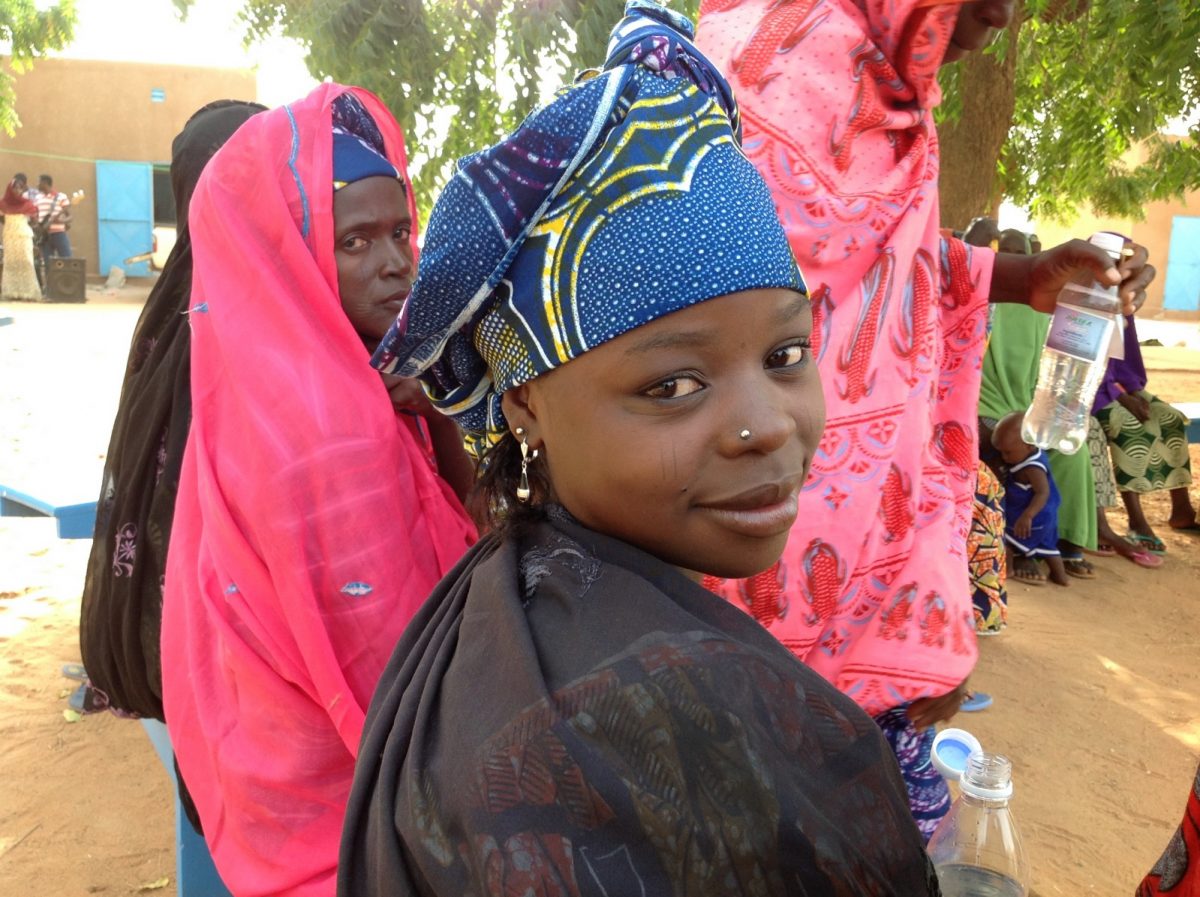ABUJA, Nigeria – Nigeria remains an epicentre for child marriages in West and Central Africa, as a startling report by UNICEF divulges that the nation has an astounding 23.6 million girls and women married before the legal age of 18.
This troubling figure solidifies Nigeria’s place as the country with the highest number of child brides in the region.
Jigawa, Katsina, Kebbi, and Sokoto – all situated in northwest Nigeria – along with Bauchi State in the northeast, are the predominant hotspots for this deeply entrenched societal issue.
Peeling back the layers of this dire situation, the report disclosed that 10.3 million of these females were married off before reaching 15. The age disparity in these unions is another area of concern: a significant number of those married before 18 were to partners a decade or more their senior.
While both genders fall prey to early marriages, girls are far more susceptible. In Nigeria, for every 25 young men, only three experience childhood marriage.
Contrastingly, 10 out of every 25 women are wed before their 18th birthday. Marie-Pierre Poirier, UNICEF’s Regional Director for West and Central Africa, points to gender inequality as the predominant driver behind this glaring disparity.
To completely eradicate child marriage, a reduction rate of 31.4% is requisite. Alarmingly, over the past decade, Nigeria’s rate has not only failed to improve but has shown stagnation, represented by a negative reduction rate of -0.5%.
Poirier emphasized the urgency and priority the African Union and UNICEF West and Central Africa Regional Office place on this issue. “We’ve earmarked ending child marriage as one of our eight pivotal results for children,” she stated.
Detailing UNICEF’s strategy, Poirier described it as “multisectoral, multipronged and contextualised.”
The solution, according to her, hinges on significant investments in girls’ education and a seismic shift in social behaviours, championing the active participation of women in society.
However, the hurdles aren’t merely cultural or educational. The report shed light on broader challenges faced by countries in West and Central Africa. A staggering seven out of the top ten nations grappling with child marriage are also confronting exacerbating humanitarian crises, be they a fallout of climate change, rampant food insecurity, or escalating conflicts.
As Nigeria and its neighbors grapple with these intertwined challenges, the collective focus remains on forging a future where every child’s right to a childhood remains inviolate.
Nigerian Women’s Minister Advocates Mobile Courts
Acknowledging the pressing need for action, Uju Kennedy-Ohanenye, Nigeria’s Minister of Women Affairs and Social Development, has pioneered several measures. The most notable among these is the recent introduction of mobile courts.
These are dedicated forums where violators of child rights are swiftly tried and prosecuted.
Advocacy groups, each in its unique capacity, have been at the forefront of championing girls’ rights, determined to halt the tide of abuses against children. Among these groups, SCI’s recent report has sounded the loudest alarm, prompting calls for increased budgetary allocations to combat child marriage in Nigeria.
Adding to these voices, at a ceremony last Friday, Uju Kennedy-Ohanenye unveiled SCI’s report on budgeting to end child marriage. Here, she shared the good news that the Nigerian Governors’ Forum has sanctioned the rollout of mobile courts – a project she initiated.
Kennedy-Ohanenye explained that these mobile courts are tailor-made to address cases of sexual and gender-based violence, child exploitation such as street begging, and ensure swift trials for women and children in correctional facilities. She further underscored the need to empower state First Ladies to lead the charge against early marriages and sexual and gender-based violence.
Faton Krasniqi, SCI’s Interim Country Director, shared a pressing message on the importance of budgetary commitment to child rights. Represented by Amanuel Mamo, the Director of Advocacy, Campaigns, Communication, and Media, Krasniqi expressed deep concern: “Child marriage and forced marriage rob the girl child of her innate potential.”
Echoing the call for grassroots awareness, Shamiga Rita, representing the Children Parliament Imo State Chapter, emphasized the pivotal role of local communities.
“We need heightened awareness at homes, schools, and churches. Our parents, especially, must be educated on the paramount importance of educating the girl child,” she insisted.







